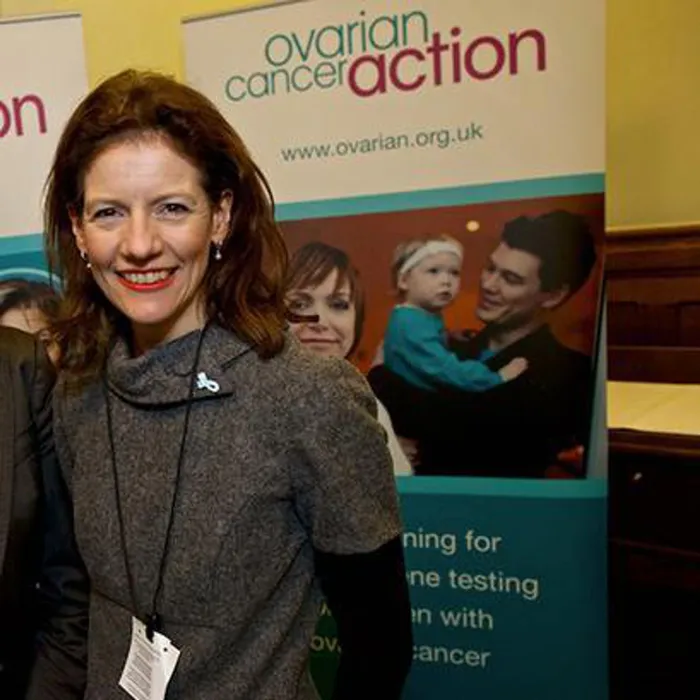Women must lose the fear of saying ‘vagina’

Katherine Taylor, acting chief executive of the Ovarian Cancer Action Katherine Taylor, acting chief executive of the Ovarian Cancer Action
GPs must do more to help young women overcome their fears about discussing gynaecological problems that could be indicative of ovarian cancer, experts have said, after a survey showed a majority of them were afraid even to say the word “vagina”.
Embarrassment and fear of intimate examination mean many women in their teens and early 20s are also reluctant to talk about sexual-health issues, turning to the internet for self diagnosis instead.
“Ovarian cancer is more common in older women but it also occurs in young women. It is crucial that these women report their symptoms early to their doctors so they are given the right treatment,” said Professor Christina Fotopoulou, a consultant gynaecological oncologist at Queen Charlotte’s & Chelsea Hospital in London.
“We as doctors should encourage women to talk to us and help them overcome their fears. It is our job and could save lives.”
Professor Fotopoulou was speaking in light of a study showing women aged 18 to 24 are four times less likely than those aged 55-64 to go to a doctor with a sexual-health issue.
More than half (57 percent) of younger women would turn to Google instead of seeking medical help and just under half (48 percent) are afraid of being intimately examined, according to the research published today by Ovarian Cancer Action.
Nearly half (44 percent) of women in the younger age range said they were too embarrassed to talk about sexual-health issues, with two thirds (66 percent) admitting they would be embarrassed to say the word “vagina” to a healthcare professional, compared with just 11 percent of women aged 55 to 64.
Symptoms of ovarian cancer can include persistent bloating and stomach pain, feeling full quicker, and needing to urinate more frequently than usual.
“It is sad that gynaecologists and GPs don’t have the trust of younger women. They need to create an environment of trust and encourage women to feel comfortable so they can talk about their problems,” Professor Fotopoulou said.
Katherine Taylor, the acting chief executive of Ovarian Cancer Action, said: “Googling symptoms is not a substitute for proper medical attention.
“Illnesses such as ovarian cancer – which kills a woman every two hours in the UK – are much easier to treat if they are diagnosed early… Saying ‘vagina’ won't kill you, but avoiding saying it could.” – The Independent